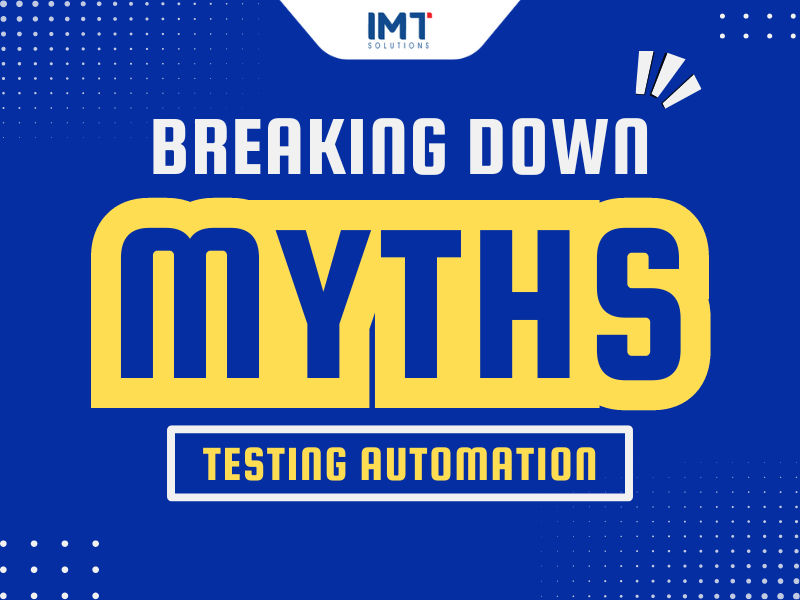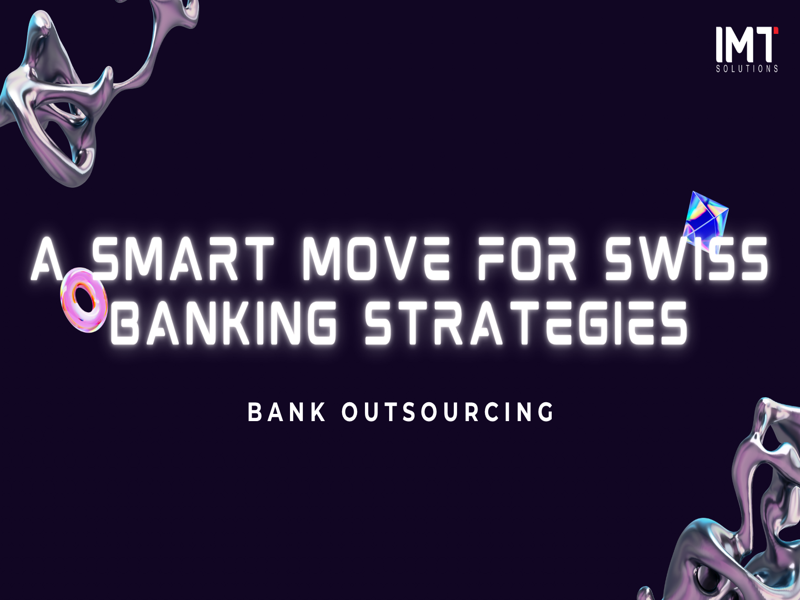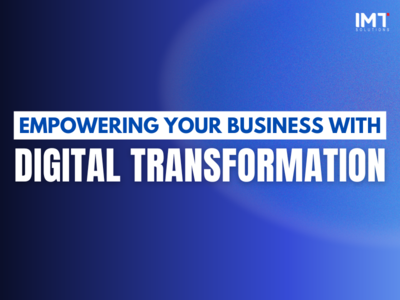Modern E-Learning Platforms: Unveiling Pros and Cons
As education transcends traditional boundaries, the advent of e-learning has sparked a profound transformation in how we acquire knowledge. In navigating the modern platform of e-learning, it is crucial to weigh the merits and drawbacks that shape this evolving landscape. From the scalability and real-time updates that foster a continuously evolving learning experience to the potential technical challenges and lack of face-to-face interaction that pose notable hurdles, this article delves into the pros and cons of modern e-learning platforms. Beyond the technicalities, e-learning stands as a dynamic catalyst, propelling individuals toward their educational goals through personalized pathways.
Examining the multifaceted facets of e-learning reveals its transformative influence on education and society. For instance, successful stories of career transitions underscore its pivotal role in shaping professional trajectories. From mastering coding skills on platforms like Codecademy, Udacity, or Coursera to achieving language fluency with Duolingo, Rosetta Stone, or Babbel, and honing graphic design proficiency through Adobe Creative Cloud tutorials, Skillshare, or LinkedIn Learning, these narratives underscore the versatile and tailored nature of e-learning experiences on a modern platform. Beyond individual achievements, e-learning’s societal impact resonates, bridging educational gaps, contributing to a skilled workforce, and fostering a culture of lifelong learning.

Pros and Cons of E-Learning Platforms on a Modern Platform
In the realm of modern education, e-learning platforms present a dynamic landscape characterized by a range of advantages and challenges.

Pros
- Scalability: Effortless accommodation of a growing number of learners without the need for extensive physical infrastructure.
- Real-time Updates: Ensures educational content remains current and relevant, fostering a continuously evolving learning experience.
- Consistency in Content Delivery: Provides uniform access to high-quality materials, fostering a standardized learning experience for students worldwide.
- Data-Driven Insights: Leverages analytics to offer educators valuable insights, facilitating the customization of instructional approaches and effective tracking of learner progress.
Cons
- Technical Challenges: Potential technical hurdles may impede the seamless functioning of e-learning platforms, impacting the overall learning experience.
- Lack of Face-to-face Interaction: Absence of in-person engagement diminishes interpersonal dynamics in traditional classrooms. This potentially impacts the depth of learner-educator and peer interactions.
- Potential for Distraction: Navigating digital environments may pose challenges. These challenges can lead to distractions that divert attention from the core educational content.

As the education sector navigates the e-learning frontier, a balanced consideration of these pros and cons becomes imperative for crafting a robust and effective learning experience.
Working independently with an online application requires designers to design an ergonomic interface and eliminate the friction that would cause users to leave. At IMT, we have experience that will allow you to better understand this crucial issue.
Achieving Educational Goals through E-Learning on a Modern Platform
E-learning has become a transformative force in education, propelling learners towards their goals through personalized and flexible pathways. Numerous success stories underscore the efficacy of this digital evolution. For instance, individuals mastering coding skills online have transitioned into coveted software development roles, demonstrating the tangible impact of e-learning on career trajectories. Thus, e-learning serves as a dynamic catalyst for skill development and career advancement, equipping learners with practical, real-world knowledge that aligns seamlessly with industry demands.
The Role of E-learning in Skill Development and Career Advancement on a Modern Platform
In the vast landscape of e-learning success stories, myriad examples illuminate the potential for personal and professional growth. Consider the aspiring graphic designer who honed design software proficiency through online courses, subsequently securing freelance projects and establishing a thriving career. Likewise, the language enthusiast achieved fluency via e-learning platforms, unlocking global job opportunities. These narratives emphasize the versatility and impact of e-learning in diverse fields, showcasing its ability to empower individuals to achieve their educational aspirations and carve out successful, fulfilling career paths.

How E-learning Adapts to Individual Learning Styles on a Modern Platform
E-learning stands as a linchpin in the contemporary approach to skill development and career progression. Its adaptive nature allows learners to acquire skills tailored to their specific career goals, whether in technology, business, or creative fields. The asynchronous nature of e-learning enables professionals to upskill without disrupting their careers, fostering a continuous learning mindset. Furthermore, the seamless integration of industry-relevant content ensures that learners not only acquire theoretical knowledge but also gain practical insights, positioning them as valuable contributors in the competitive job market. Consequently, e-learning’s pivotal role in skill development and career advancement is evident in the success stories of individuals who have embraced this innovative educational paradigm on a modern platform.
E-Learning’s Societal Impact on a Modern Platform
Bridging educational gaps
In its expansive reach, e-learning emerges as a transformative force, actively contributing to societal progress in multifaceted ways. One notable impact is its role in bridging educational gaps. E-learning platforms democratize access to education, reaching remote areas and underserved communities. This inclusivity empowers individuals who previously faced barriers to quality education, fostering a more equitable society where knowledge knows no bounds on a modern platform.
Contributing to a more skilled workforce
E-learning serves as a catalyst for cultivating a skilled and adaptable workforce. It provides accessible and up-to-date learning resources, equipping professionals with the expertise demanded by rapidly evolving industries. This dynamic approach to skill development meets the current needs of the job market and anticipates future trends. Consequently, e-learning contributes significantly to the cultivation of a proficient and resilient workforce on a modern platform.

Facilitating lifelong learning
In the paradigm of lifelong learning, e-learning emerges as an indispensable tool. It fosters a culture of continuous education, enabling individuals to upskill, reskill, and adapt to evolving professional landscapes. This commitment to ongoing learning ensures that individuals remain relevant and competitive throughout their careers. E-learning’s capacity to facilitate lifelong learning aligns with the societal shift towards knowledge-based economies, empowering individuals to navigate the complexities of the modern world with confidence and competence on a modern platform.
IMT Solutions’ EdTech Services
In the dynamic realm of modern education, the complexities of e-learning platforms unveil advantages and challenges that profoundly impact both individuals and society. While scalability, real-time updates, and data-driven insights enhance accessibility, technical challenges, limited face-to-face interaction, and potential distractions necessitate innovative solutions. At IMT Solutions, we acknowledge the significance of secure and tailored Edtech services, providing a personalized e-learning experience on a modern platform. Our cutting-edge solutions address these challenges, focusing on bridging educational gaps, cultivating a skilled workforce, and promoting lifelong learning. Positioned at the forefront of educational innovation, IMT Solutions propels towards an inclusive, efficient, and technologically advanced future for education and society on a modern platform. Contact with us!








